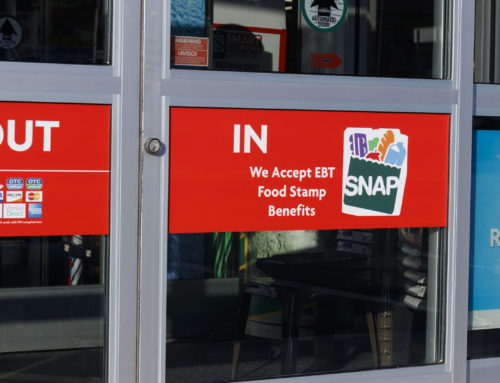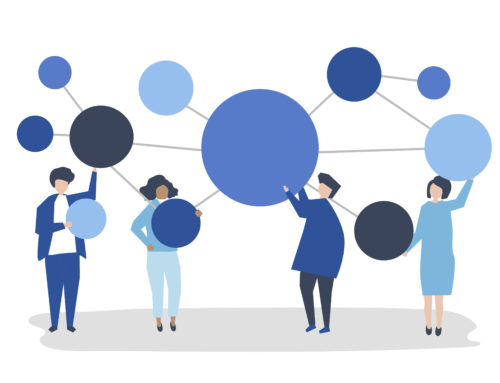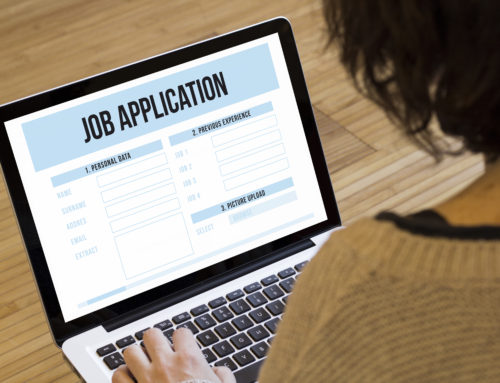Another major headache for individuals experiencing economic hardship is the looming specter of credit cards, installment, and student loan payments. The pressure of managing these obligations can stress a person to the breaking point, but it’s important to remember that there are debt payment deferral options available to help.
Credit Cards
The current COVID-19 coronavirus crisis has presented an unprecedented set of circumstances for banks and individuals alike. According to The New York Times, some banks are providing a sliver of relief to customers who are struggling financially, whether by waiving late-payment fees, deferring interest charges, or not reporting missed payments to the credit bureaus.
If you’re struggling to make your credit card payments, contact your financial institution and ask them what options are available to you. You may be surprised by what they can offer.
Student and other installment loans
According to Debt.org, deferment or forbearance may be viable options for those experiencing economic hardship. Deferment is a period of time when you are excused by your lender from making payments because of specific circumstances in your life like unemployment, economic hardship, returning to school, military deployment, or serving in the Peace Corps.
If you do not qualify for a deferment, your lender could grant you a forbearance that temporarily reduces or suspends payment on your student loans for up to 12 months.
A recent study by TransUnion, one of three major credit bureaus in the United States, shows more than half of student loans are in deferment.
COVID-19’s impact on paychecks was so swift and so severe that aid for student borrowers was the first area the federal government addressed when creating debt-relief options.
The Department of Education announced on March 20 that it would suspend interest payments on student loans for 60 days. Almost a week later, Congress passed a $2 trillion aid package that extended the “no-interest payment” concession through Sept. 30.
Private debt collectors working for the government to chase delinquent accounts were told to stop collection calls and letters.
Borrowers with federal loans also can suspend their payments for two months without penalty. However, they must reach out to loan servicers and request those terms. The DOE is officially labeling that as forbearance.
There also was a bonus package for borrowers who haven’t made a payment in more than 270 days: the IRS will not seize their tax return to pay down the overdue student loan debt. That will amount to $1.8 billion in unexpected tax refunds for 830,000 of the 44 million Americans who have student loan debt.







Leave A Comment